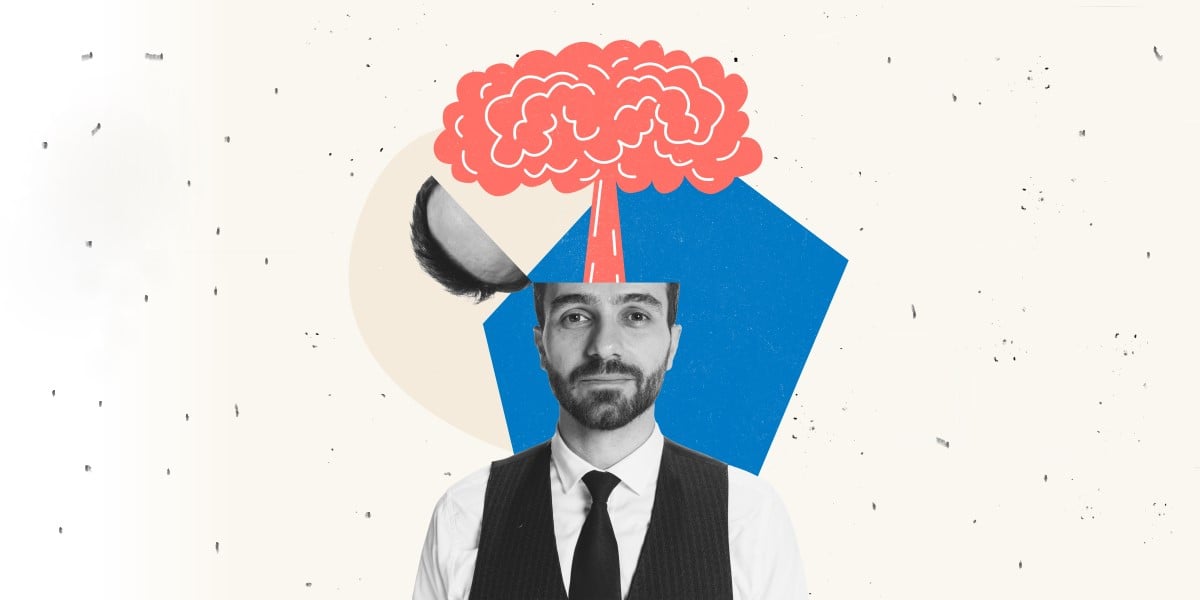Using AI may cause some of your skills atrophy, and your employer therefore needs to take steps to keep you sharp.
“Is there anyone here who’s OK with the idea that they may wake up one day and find they have no one left in the organization who knows how to code?” asked Gartner distinguished VP analyst Daryl Plummer during the keynote speech of the firm’s Symposium conference in Australia yesterday.
Plummer floated that scenario because he feels use of AI coding tools mean developers may eventually spend their days generating code, not writing it. “If you don’t use your coding skills every day, you are losing coding skills every day,” he added, then concluded “AI is stealing your skills.”
Manjunath Bhat, another of Gartner’s distinguished VP analysts, used the term “skills erosion” during another session at the conference.
Bhat said that adoption of AI coding assistants can cause “experience compression” whe employers expect the tools will help young developers to acquire skills and improve performance in months instead of years. That thinking creates “experience starvation” – missing out on learning from being hands-on and tackling many different tasks – and leads to “erosion of critical and foundational skills.”
He wants employers to ensure their developers acquire and exercise core critical thinking skills, and foundational technical skills, to ensure they can fulfill the role of developers in the AI age: Exercising creativity that machines cannot.
Plummer also recommended taking steps to maintain critical thinking skills, and advised employers to “institute periodic reviews or testing to make sure critical skills are not being eroded by AI.”
He also suggested that skills erosion is one of the emerging – and largely unidentified – byproducts of using AI.
“Remember when you got your first social media account?” he asked. “You might not have asked what are the behavioral byproducts of having the world’s most addictive algorithm on your phone.”
Those byproducts are now horribly obvious: “We know it’s a pit of doom scrolling and three second attention spans,” Plummer said.
The after-effects of AI are harder to predict, he said, and 91 percent of CIOs surveyed by Gartner are dedicating “little or no time” to looking for them. ®

